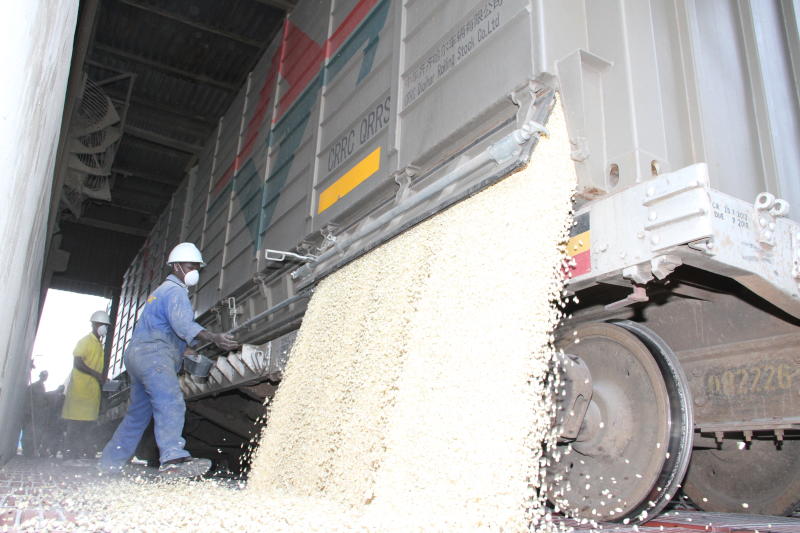×
The Standard e-Paper
Smart Minds Choose Us

Kenya’s overall import bill continued to rise last year even as imports of key grains dropped significantly.
According to the Kenya National Bureau of Statistics’ (KNBS) Economic Survey, the country’s balance of trade dropped by 5.2 per cent, with total exports decreasing by 2.9 per cent, while imports shot by 2.4 per cent, underlying the country’s status a net importer of key commodities.